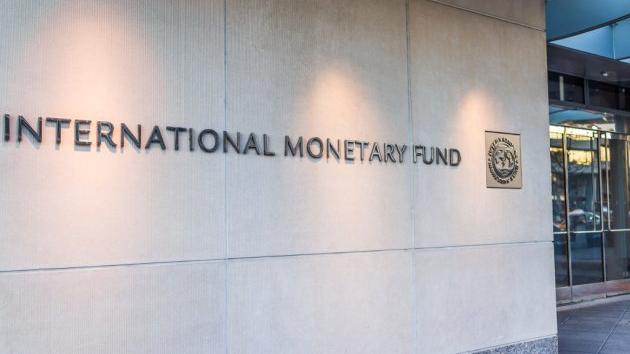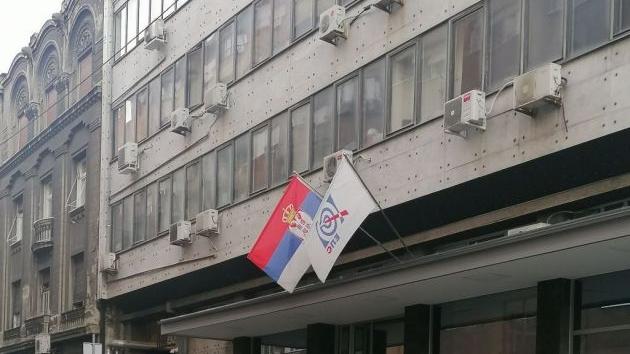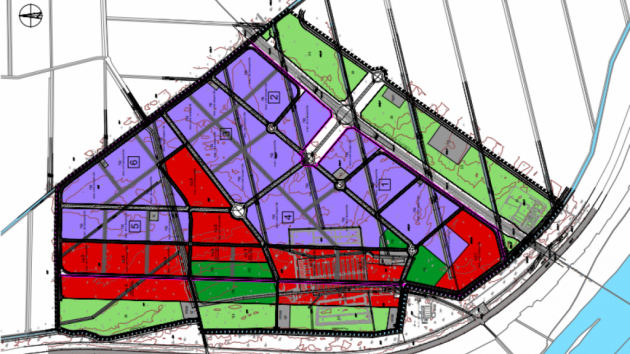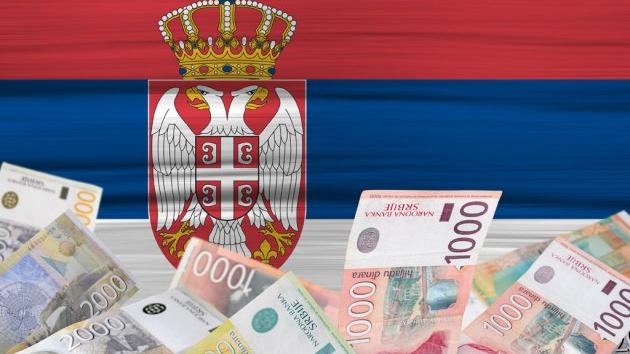This Is the New Calculation of the Budget Revision Proposal – Aiming to Adapt to Negative Global Trends
(Photo: milosljubicic/shutterstock.com)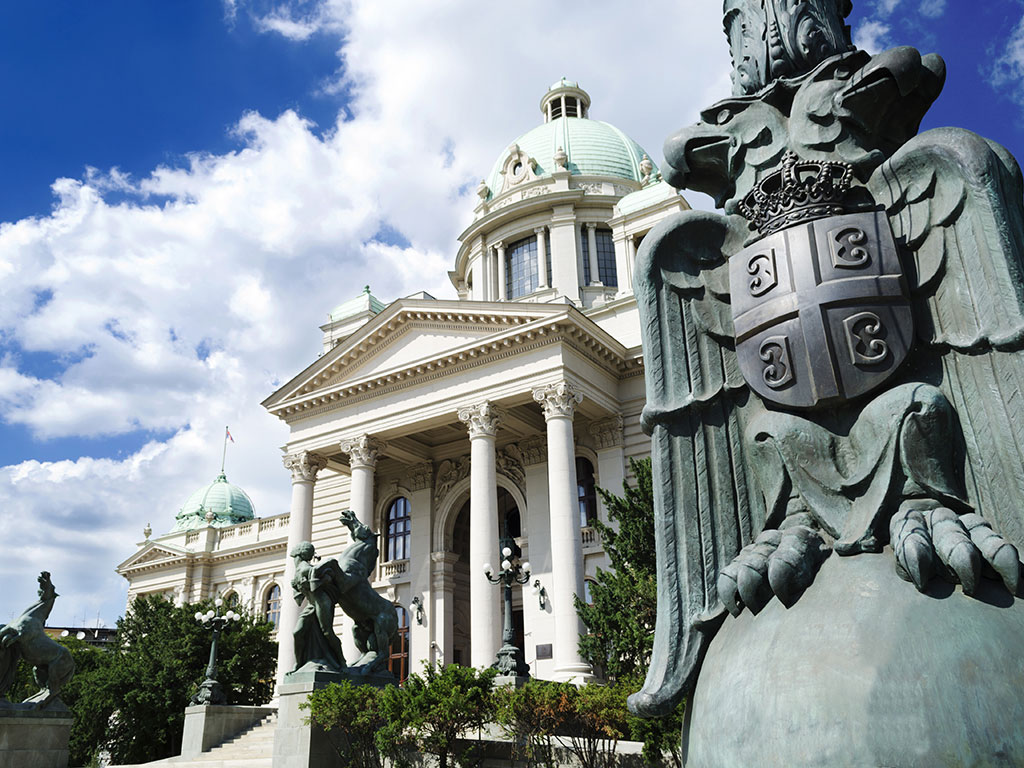

The new calculation envisages revenues higher by around RSD 190 billion, expenditures higher by RSD 280 billion and therefore a total deficit of around RSD 279 billion, which is RSD 79 billion more than in the first version.
Announcing the rebalance, Serbian Finance Minister Sinisa Mali said that the higher budget revenues were realized thanks primarily to the more effective tax collection, and not the inflation, as had been alleged. The adoption of the rebalance enables the payment of aid to the young of RSD 5,000 and the pension increase.
– The main goal of the budget revision for 2022 was to adapt to the new negative global economic trends, the world energy crisis the kind of which has not been recorded in the past several decades and the consequently much bigger price increase – says the explanation of the draft law.
– The income tax is planned in the amount of RSD 98.3 billion, which is RSD 10.6 billion more compared to the original budget amount. The considerable increase of the projected amount compared to the original one is the result of, primarily, the strong increase in the collection of the two biggest types of tax from this group, which are the annual personal income tax and the dividend income tax. Under the influence of the growth of the average salaries and other forms of income in the past year and the realized profitability and company dividend payments, there has been an increase of tax obligations on that basis.
The citizens’ consumption, that is, the VAT, should contribute to the budget with 777 instead of 684 billion dinars. The expectations from excise taxes are slightly lower, by less than a billion, primarily due to the lower excise tax collection when it comes to oil products. The authorities explain this with the use of legal possibilities for a temporary reduction of excise taxes.
The customs should contribute 79.5 billion, which is 16 billion more than expected.
Expectations from public enterprises have grown as well. Their profit and dividends are expected to contribute 16 instead of 8 billion dinars. When it comes to costs, RSD 174.7 billion should be spent on subsidies, which is around 31 billion more.
– This expenditure category is adjusted based on the results from the previous period and the estimate of the funds needed by the end of the year, so for the most part, the funds for the maintenance of state roads of the first and second grades, incentives in agriculture and rural development, rail and intermodal traffic, financing of investments in the mining sector, for energy-vulnerable purchasers, incentives for the re-use and use of waste, vouchers for the use of accommodation services in hospitality facilities, incentives for the construction of infrastructure and suprastructure in tourism destinations, support to film art, organization of next year’s rowing and wrestling world tournaments, have been increased – the explanation says.
Subsidies to the energy sector have increased to 16.7 from 6.4 billion dinars. The environment is to get half a billion more, and the economy around three billion less. Expenditures in agriculture are as much as 15 billion dinars higher. Road traffic is to get nearly 12 billion more.
Increased expenditures
By far the biggest jump in expenditures is recorded in the item “expenditures for the procurement of financial property to the end of carrying our public policies”. The initial budget planned 13.3 billion dinars for this item, and the rebalance plans as much as 153 billion.
– The expenditures for the procurement of financial property are higher by 1,044.78% compared to the amount planned in the budget – the explanation says. – The increase for the most part pertains to intervention funds provided for overcoming the energy crisis, for the program of inciting renewable energy – the development of the biomass market, prevention and mitigation of the consequences of Covid-19.
Protection
RSD 136.6 billion is meant for social welfare, instead of 120.9 billion. The biggest increase pertains to child protection, around 15 billion dinars. The Pension and Disability Insurance Fund and the National Employment Service are to get less through the rebalance due to the good collection of contributions, so they require less money to be allocated.
Borrowing and sale of property
The new calculation shows that, this year, the state is counting on bigger borrowing and sale of financial property – 756.6 instead of RSD 547.6 billion. This means that 538.8, instead of 424.5 billion dinars will be spent on the repayment of the principal amount and the procurement of financial property. The loans will be used to finance 279.1 instead of 200.2 billion of the total deficit.
What’s interesting is that the costs of the interests are three billion lower – 113 instead of 116 billion. The reduction pertains, primarily, to FX interests.
Companies:
 Narodna skupština Republike Srbije
Narodna skupština Republike Srbije
Comments
Your comment
Naš izbor
Most Important News
Full information is available only to commercial users-subscribers and it is necessary to log in.
Follow the news, tenders, grants, legal regulations and reports on our portal.
Registracija na eKapiji vam omogućava pristup potpunim informacijama i dnevnom biltenu
Naš dnevni ekonomski bilten će stizati na vašu mejl adresu krajem svakog radnog dana. Bilteni su personalizovani prema interesovanjima svakog korisnika zasebno,
uz konsultacije sa našim ekspertima.


 Izdanje Srbija
Izdanje Srbija Serbische Ausgabe
Serbische Ausgabe Izdanje BiH
Izdanje BiH Izdanje Crna Gora
Izdanje Crna Gora


 News
News








